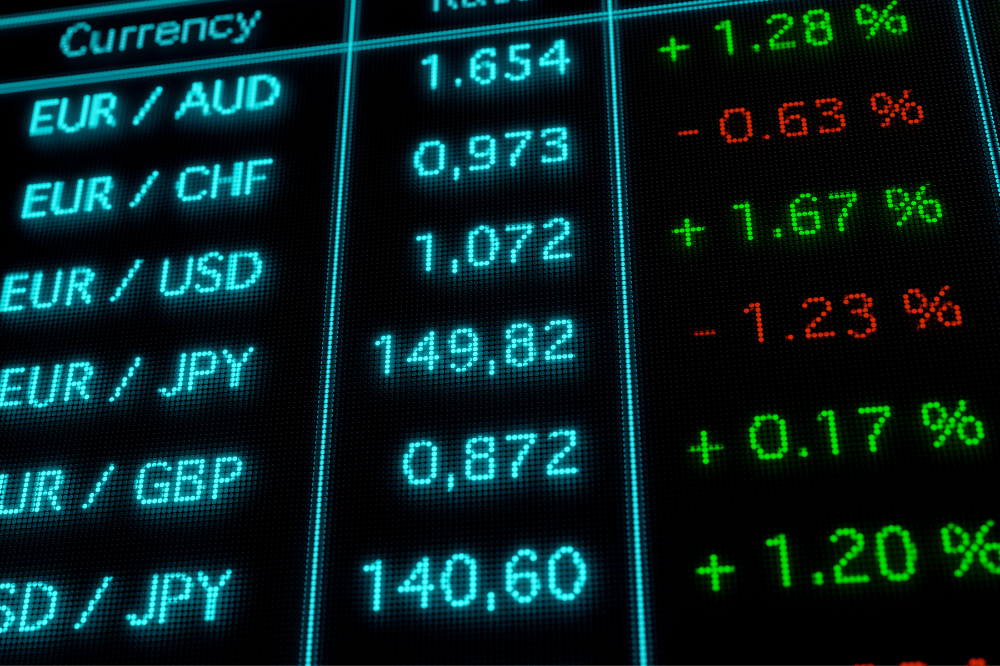Find out where to exchange currency to get the best rates and avoid high fees, and get ready for your international trip!
Exchanging currency is an essential part of an international traveler’s life. Knowing where to exchange currency can help you get the best rates and avoid high fees, allowing you to have more money for your trip.
So, let’s talk about the different places where you can get them and which one is the better way to do it. Remember, to make the most out of your trip, planning is a fundamental part of the process. Also, if you want to check out more financial tips on our website, you can click on this link!
How Does Currency Exchange Work?
The exchange rate between two currencies indicates how much of one currency you need to exchange for one unit of another currency. Similar to how grocery prices change, the value of a country’s money compared to another’s fluctuates. They can adjust constantly, most banks update their rates daily. And, fees are applied to these exchanges as a way for financial institutions make money when converting your cash. These fees can take several forms:
- Margin: the difference between the buy and sell rate offered by the exchanger. This is essentially the built-in profit for the service;
- Commission: a flat fee charged per transaction, regardless of the amount exchanged;
- Foreign transaction fees: This applies to using your ATM or credit card abroad. Some banks charge a fee for every transaction you make in a foreign currency.
As you can tell, exchanging currency overseas can end up being more expensive than doing it before hand, this is why planning is importante before hopping on a plane.
Where to Exchange Currency?
- Banks and Credit Unions: your local bank or credit union might offer currency exchange services. They often have higher fees if you exchange less than a certain amount. However, if you need to exchange a large amount of cash, your bank might be able to offer a slightly better rate.
- Online Currency Exchanges: these services allow you to pre-order your currency for pick-up at a convenient location or home delivery, but exchange rates are less favorable and delivery charges may be costly. Be sure to research reputable online currency exchangers before using their services.
Once You’re Abroad
- ATMs: foreign ATMs can be a convenient way to access local currency. Look for ATMs affiliated with your bank network to avoid additional withdrawal fees. However, be aware that your bank might charge a foreign transaction fee for each ATM withdrawal.
- Currency Exchange Kiosks: airports and tourist areas often have currency exchange kiosks. While convenient, these kiosks typically offer less favorable rates and higher fees compared to banks or ATMs. They should only be used as a last resort if you need a small amount of cash immediately upon arrival.
Tips for Saving Money on Currency Exchange
Here are some tips to help you save money when exchanging currency:
- Plan Ahead: the best way to avoid high fees is to exchange your currency before you travel. This allows you to compare rates and find the best deal.
- Use Debit or Credit Cards with No Foreign Transaction Fees: many banks offer cards that don’t charge foreign transaction fees. This can be a great way to avoid fees when making purchases abroad. Just be sure to notify your bank that you’ll be traveling internationally to avoid having your card flagged for suspicious activity.
- Pay in the Local Currency: whenever possible, try to pay for purchases in the local currency. This will often give you a better exchange rate than if you pay in your home currency. Many stores and restaurants will allow you to choose which currency to pay in, but be sure to check the exchange rate before agreeing to pay in your home currency.

